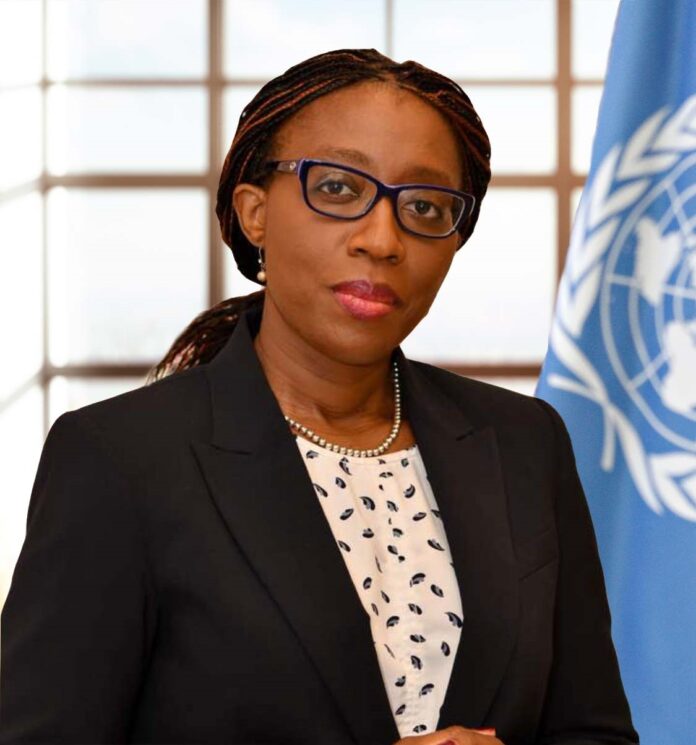The United Nations (UN) has said that promising Africa’s potential, growing working-age population, abundant arable land and other resources are what the African continent needs to attain rapid transformation.
Vera Songwe, the United Nations Undersecretary General and Executive Secretary of the Economic Commission for Africa (ECA), listed these factors in her opening remarks on Wednesday in Marrakech, Morocco.
Songwe spoke at the formal opening of the 38th Meeting of the Committee of Experts of the Conference of African Ministers of Finance, Planning and Economic Development.
The conference, holding in Marrakech, Morocco, has as its theme: ‘Fiscal policy, trade and the private sector in the digital era: A strategy for Africa.’
It drew its participants from the various member countries of ECA and from non-governmental organisations.
According to Songwe, the potential of Africa has always been promising, with a growing working-age population, abundant arable land and a multitude of other resources.
She restated that the continent has all the pre-requisites for rapid economic transformation in the next decade.
Songwe, however, said that ensuring the availability of adequate public resources and quality investments to drive structural change would require responsive policies.
She said that should be able to promote fiscal sustainability, optimise returns from economic activity and enable African economies to fully participate in global economy.
She said that this was because the global economic system was increasingly becoming an interconnected single entity.
The ECA boss also noted that the rising global demand, increased commodity prices, investment and private consumption had moderately driven the rebound from the poor growth results of 2.5 per cent in 2016 to the current 3.2 per cent.
“However, the medium-term outlook of between three percent and four per cent for Africa is insufficient to stimulate quality investments that will generate jobs and accelerate inclusive growth.
“To do so, Africa needs to triple its current growth rate; meaning investment must increase by between five percent and 10 per cent of GDP in order to achieve the Sustainable Development Goals (SDGs).
“This is more poignant, especially given the rising populations, an increasing culture of protectionism in global trade markets and the sluggish growth of manufacturing – a key sector in the transformation process,” Songwe said.
It has been estimated that financing the SDGs will require an additional $638 billion annually.
The highlights the glaring gap that cannot be filled with the current trends in public revenues, savings and investment.
Songwe disclosed that the ECA had begun to observe the financial pressure on governments as they sought to close this gap through external financing because of the above.
“The number of countries at high risk of debt distress, 18 in all, has more than doubled since 2013, while eight countries are already in distress.
“If this pace continues, there is a high risk of eroding the substantial progress made in reversing the high trend of indebtedness by African countries experienced at the beginning of this century,” Songwe said.
She recalled that between Year 2000 and Year 2018, Africa had the lowest average ratio of government revenue to GDP of any region in the world at 24.5 per cent, compared to Latin America, for example, at 27.8 per cent.
Songwe said this was not due to lack of efforts, saying that over the last two decades, the number of African countries which had tax-to-GDP ratios under 15 per cent had fallen by half.
“Despite widespread tax reforms in Africa, results have been mixed, largely due to structural factors such as informality, low per capita income and very small initial base of manufacturing and modern services.
“By addressing capacity tax constraints, Africa can boost tax revenues by three per cent of GDP.
“In addition, by better aligning tax rates and revenues with business cycles, African countries can boost government revenue as a share of GDP by five per cent.
“With just over a decade remaining to achieve the goals set out in Agenda 2030, it is imperative that the scope and mechanisms of domestic resource mobilization be revolutionised.
“This should be aimed at bridging the financing gap, promote macroeconomic stability and limit costly external borrowing,” she said.




